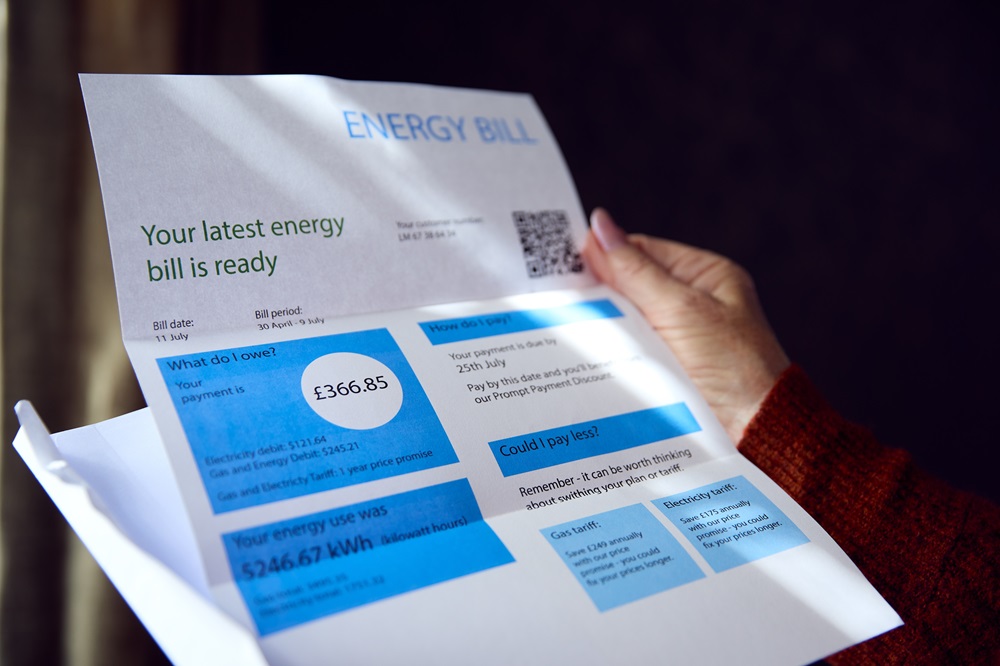Pensioners encouraged to apply for benefits in new UK Government campaign

A campaign to increase the take-up of pension credit is being launched by the UK Government, after it revealed it would be restricting winter fuel payments to those “most at need”.
Pension Credit Week of Action is being launched with the aim of encouraging those who are retired to check their eligibility for the benefit payments and make an application.
According to the Department for Work and Pensions (DWP) around 880,000 eligible pensioners, including 70,000 to 80,000 in Wales, don’t receive the Pension Credit for which they are eligible because they do not claim it, missing out on average amounts of £3,900 a year.
The awareness campaign comes amid rising criticism of the Labour Government’s policy, which will end universal winter fuel payments and restrict the benefit payments to those receiving pension credit or other means-tested benefits.
Around 10 million pensioners are expected to lose out on winter fuel payments as a result of the policy, which the Government has revealed as part of its plan to tackle a £22 billion “black hole”.
Black hole
Ahead of the launch on Monday, Chancellor Rachel Reeves said: “The £22 billion black hole inherited from the previous governments means we are having to take tough decisions now to fix the foundations of our economy – including making the winter fuel payments available to those most at need.
“(A total of) 1.3 million pensioners are already going to get help with fuel bills this year because they’re claiming pension credit – but thousands more are eligible.
“So, if you know someone who could get pension credit and help with their fuel bills, now is the time to help them apply for pension credit.”
Pensioners whose weekly income is below £218.15 for a single person or £332.95 for a couple are being urged to use the DWP’s online calculator to determine their eligibility for payments.
People with a severe disability, carers and those who are responsible for a child or a young person who lives with them could receive additional money, the Government said.
Pension credit can also include extra amounts for certain housing costs, such as ground rent or service charges.
Work and Pensions Secretary Liz Kendall said: “Thousands of pensioners are missing out on pension credit worth on average £3,900 per year. That needs to change.
“It’s easier than ever to check if you are eligible, including with our online calculator, and if your circumstances have changed since the last time you looked – I urge you to check again.
“Friends, families and neighbours can also encourage their loved ones to apply, so that they are not missing out on this vital benefit.”
Energy Secretary Ed Miliband said: “The legacy of failure on energy policy we have inherited means energy prices are set to rise in autumn. We must ensure that pensioners in the greatest need get access to help with rising bills.
“We will do everything in our power to increase take up of pension credit to the 880,000 households who are yet to claim – opening the door to other vital support such as the Winter Fuel Payment.
“The Government will also continue our mission to deliver clean power by 2030, helping to finally give families the energy security they deserve and our country the energy independence we need.”
Support our Nation today
For the price of a cup of coffee a month you can help us create an independent, not-for-profit, national news service for the people of Wales, by the people of Wales.






Is this too simplistic? If they know elderly people are eligible but not claiming pension credit, then just give it to them? No claim required.